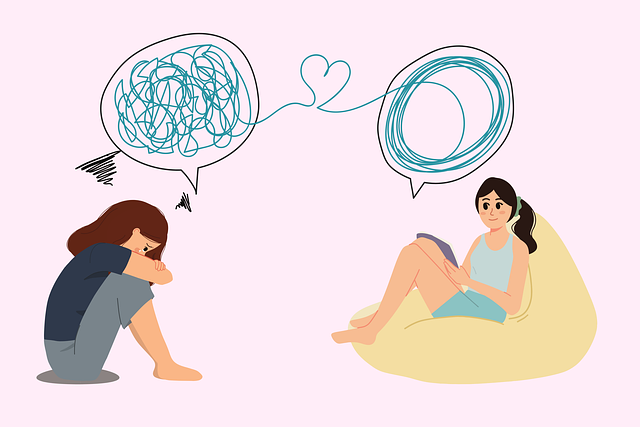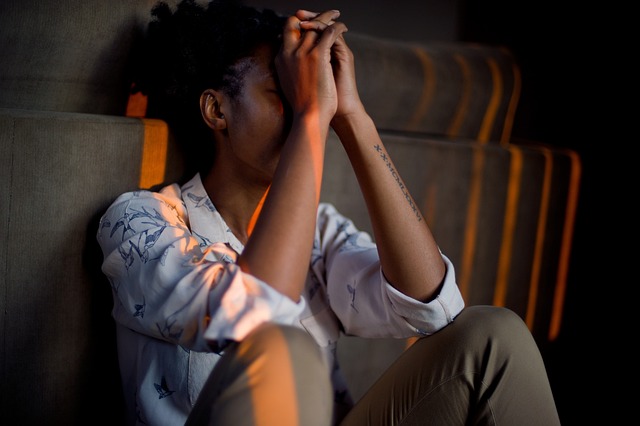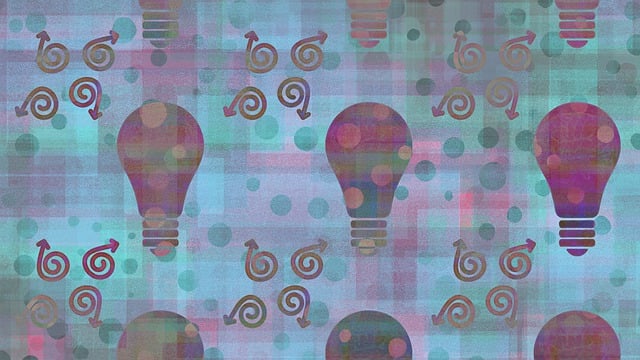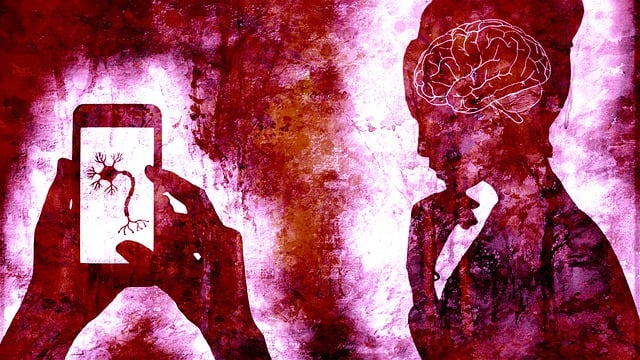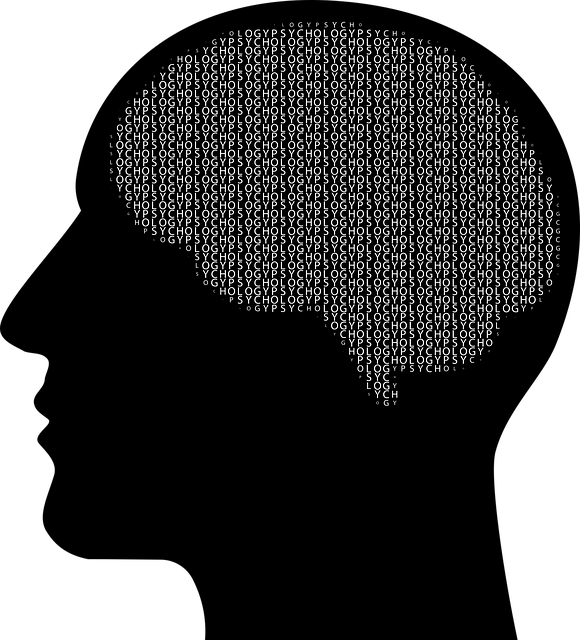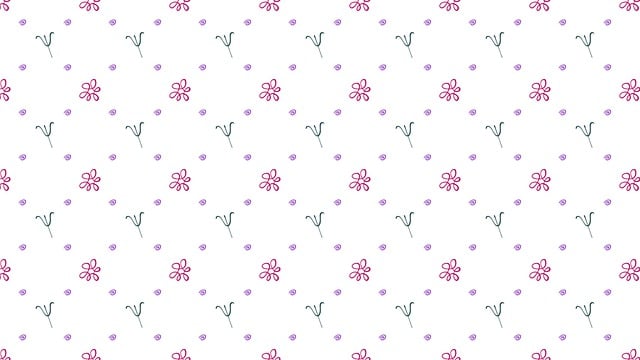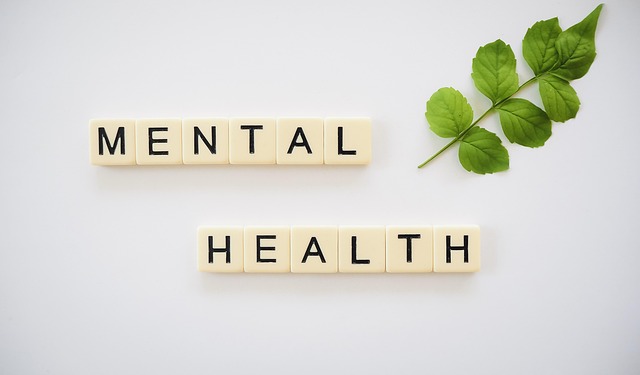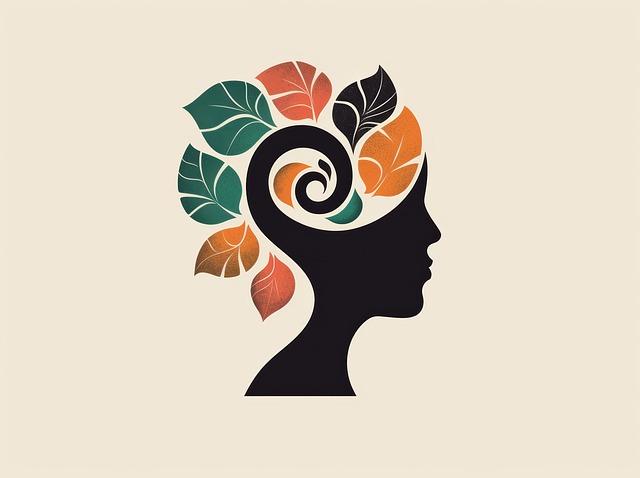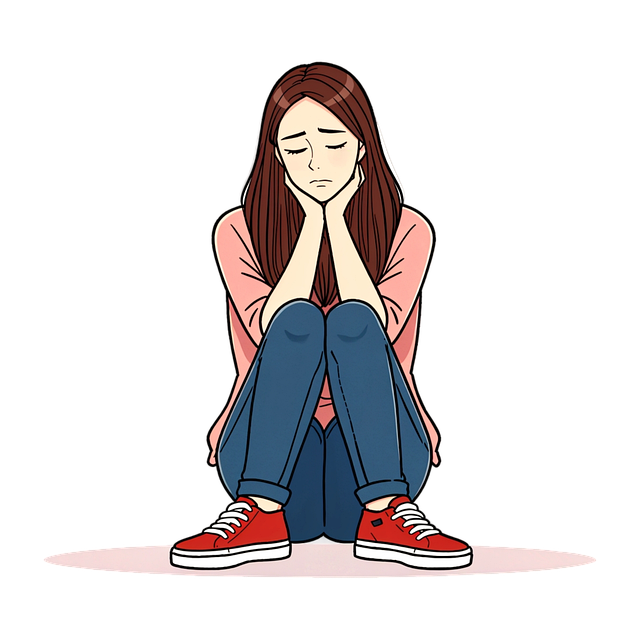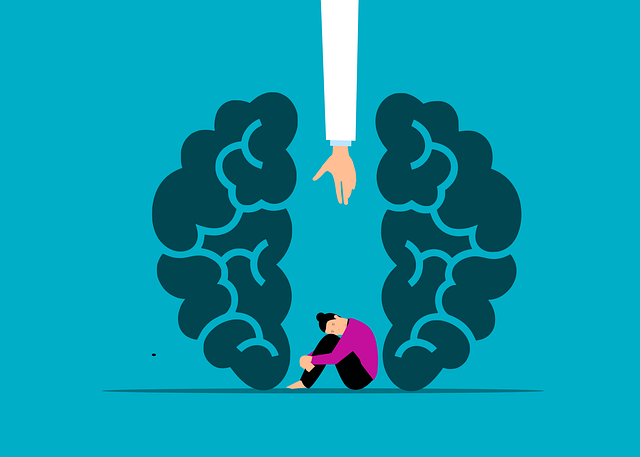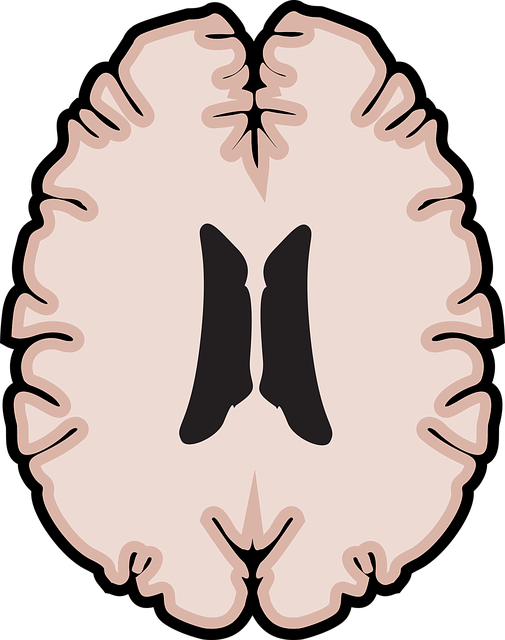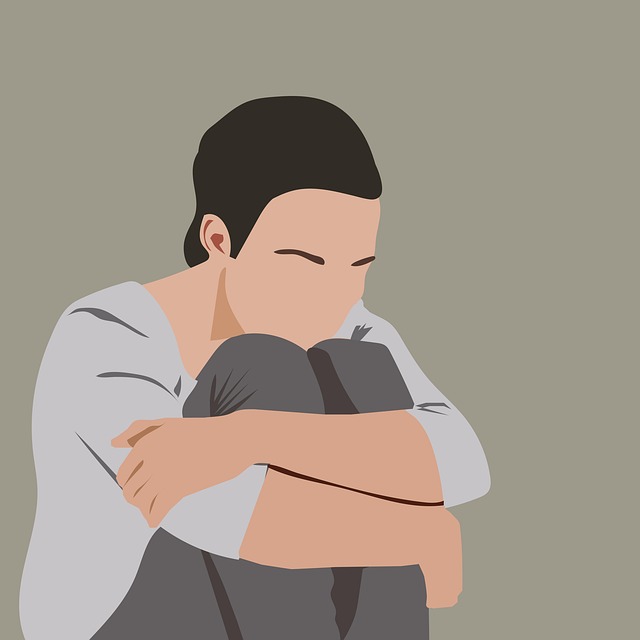Colorado Springs Adolescent and Teen Therapy emphasizes group facilitation as a powerful tool for mental wellness. Through structured sessions, teens facing similar challenges connect, share experiences, and learn coping strategies in a supportive network. Facilitators guide emotional expression, active listening, and empathy-building to create a safe space. Creative activities like art and music are integrated to enhance self-expression and community, normalizing mental health conversations. This holistic approach empowers adolescents with skills for effective emotional regulation and resilience.
In Colorado Springs, adolescent and teen therapy has evolved to incorporate group facilitation techniques that foster mental wellness. This article delves into the transformative power of group settings in teenage psychotherapy. We explore strategies for creating safe spaces where young individuals can openly discuss their experiences, enhance communication, and engage through creative activities. By understanding these facilitation methods, therapists can improve outcomes and support the holistic development of adolescents.
- Understanding the Role of Group Facilitation in Adolescent Therapy
- Creating a Safe and Supportive Environment for Open Dialogue
- Effective Communication Strategies to Engage Teen Participants
- Incorporating Creative Activities for Enhanced Mental Wellness
Understanding the Role of Group Facilitation in Adolescent Therapy

In Colorado Springs Adolescent and Teen Therapy, group facilitation plays a pivotal role in fostering mental wellness among young individuals. This collaborative approach allows teenagers to connect with peers facing similar challenges, creating a supportive network that enhances their therapeutic journey. Through structured group sessions, facilitators guide participants in developing essential coping strategies, improving communication skills, and building self-esteem—all vital components for navigating adolescent struggles.
The power of group facilitation lies in its ability to normalize experiences, reduce feelings of isolation, and foster a sense of belonging. By participating in discussions, activities, and peer support, adolescents gain valuable insights, build resilience, and learn from one another’s strengths and coping mechanisms. This dynamic environment encourages the development of life skills, boosts confidence, and significantly contributes to the overall success of therapeutic interventions, making it an indispensable tool in Colorado Springs Adolescent and Teen Therapy.
Creating a Safe and Supportive Environment for Open Dialogue

In facilitating mental wellness groups, creating a safe and supportive environment is paramount for encouraging open dialogue. This begins with establishing trust and fostering a non-judgmental atmosphere where each participant feels heard and respected. At Colorado Springs Adolescent and Teen Therapy, we understand that emotional healing processes are deeply intertwined with the quality of group interactions. Facilitators should model active listening, validate emotions, and promote empathy among members to enhance emotional regulation skills.
By cultivating a welcoming space, participants are more likely to share their experiences and insights openly. This, in turn, facilitates deeper connections and peer support, which are key components of effective mental wellness coaching programs development. Incorporating techniques that encourage vulnerability and understanding can significantly impact the group’s overall well-being, providing members with the tools they need to navigate life’s challenges more effectively.
Effective Communication Strategies to Engage Teen Participants

Effective communication is key when facilitating mental wellness groups for teenagers. In Colorado Springs Adolescent and Teen Therapy, facilitators must adapt their approach to engage young minds eager to explore their emotions and build resilience. Utilising a mix of open-ended questions, active listening, and non-verbal cues encourages participants to express themselves honestly. Facilitators should create a safe space where teens feel heard and understood, fostering trust through empathy and genuine interest in their experiences.
Group dynamics can be powerful tools for learning and growth. Facilitators can guide discussions on coping skills development and burnout prevention by sharing relatable examples and encouraging peer-to-peer support. By integrating Self-Care Practices into the group’s narrative, facilitators empower teenagers to take charge of their mental health, promoting a sense of agency and self-awareness that extends beyond therapy sessions.
Incorporating Creative Activities for Enhanced Mental Wellness

Incorporating creative activities into group therapy sessions can significantly enhance mental wellness among adolescents and teens, as demonstrated by various Colorado Springs Adolescent and Teen Therapy programs. Art, music, drama, and movement are powerful tools that allow individuals to express themselves when words might not suffice. These activities facilitate emotional well-being promotion techniques by providing an outlet for processing and releasing difficult emotions, thereby improving participants’ overall mental health.
The integration of creative processes into group facilitation does not only enrich the therapeutic experience but also fosters a sense of community and shared understanding. For instance, a Mental Wellness Podcast Series Production might involve group members contributing to storytelling or song writing, which can help normalize conversations around mental health challenges. Moreover, Healthcare Provider Cultural Competency Training emphasizes the importance of tailoring these activities to diverse backgrounds, ensuring inclusivity and effectiveness in promoting emotional well-being across different cultures and communities.
Group facilitation plays a pivotal role in adolescent therapy, creating safe spaces for open dialogue and fostering mental wellness. By employing effective communication strategies and creative activities, therapists in Colorado Springs can enhance therapeutic experiences for teens. These techniques not only promote self-expression but also empower young individuals to navigate their emotions and build resilience. Through group sessions, adolescents gain valuable support and learn coping mechanisms that contribute to improved mental health outcomes.

